Vietnam Investor Visa: How to apply, Requirements

Vietnam continues to attract foreign investors with its dynamic economy and favorable residency policies. The investor visa (DT visa) offers long-term stay options for individuals establishing or contributing capital to a Vietnamese enterprise. This guide outlines the latest 2026 requirements, application steps, and key legal considerations.
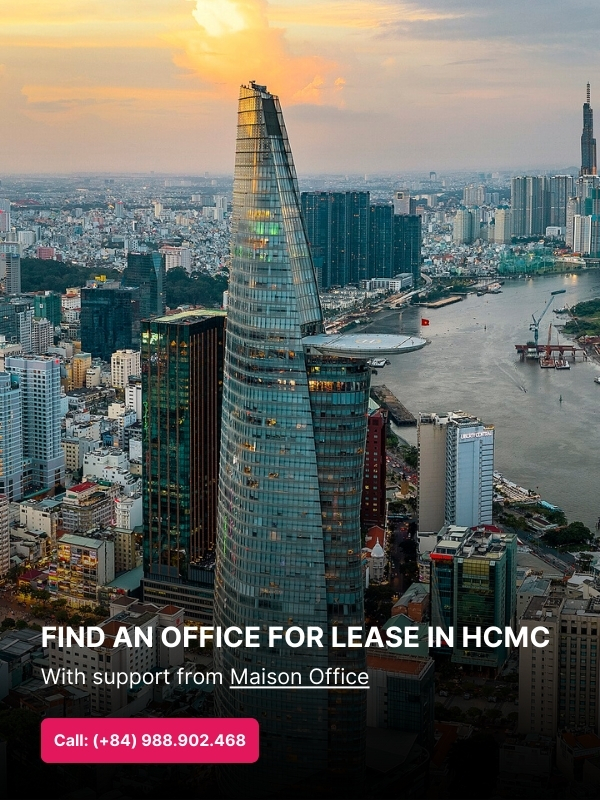 |
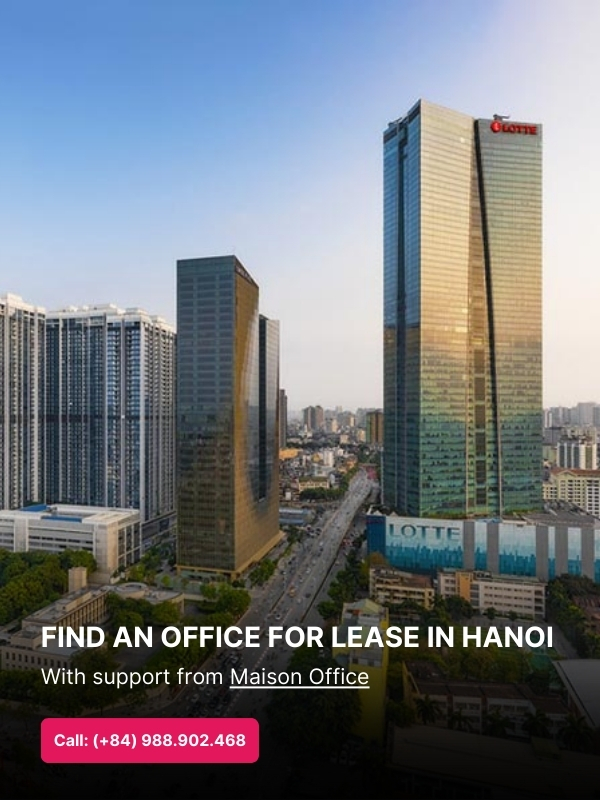 |
Table of Contents
1. What is a Vietnam investment visa?
The Vietnam investment visa (DT Visa) is a long-term entry permit granted to foreign investors or legal representatives of overseas companies operating in Vietnam. It enables extended stay for business management or investment activities and provides access to temporary residence cards (TRC) and work permit exemptions—a preferred choice for entrepreneurs and institutional investors.
Under Law No. 51/2019/QH14, the DT visa is classified into four types, each defined by specific investment thresholds and validity periods.
To qualify for the visa, applicants must first complete the company registration process in Vietnam, including legal entity formation and capital verification.
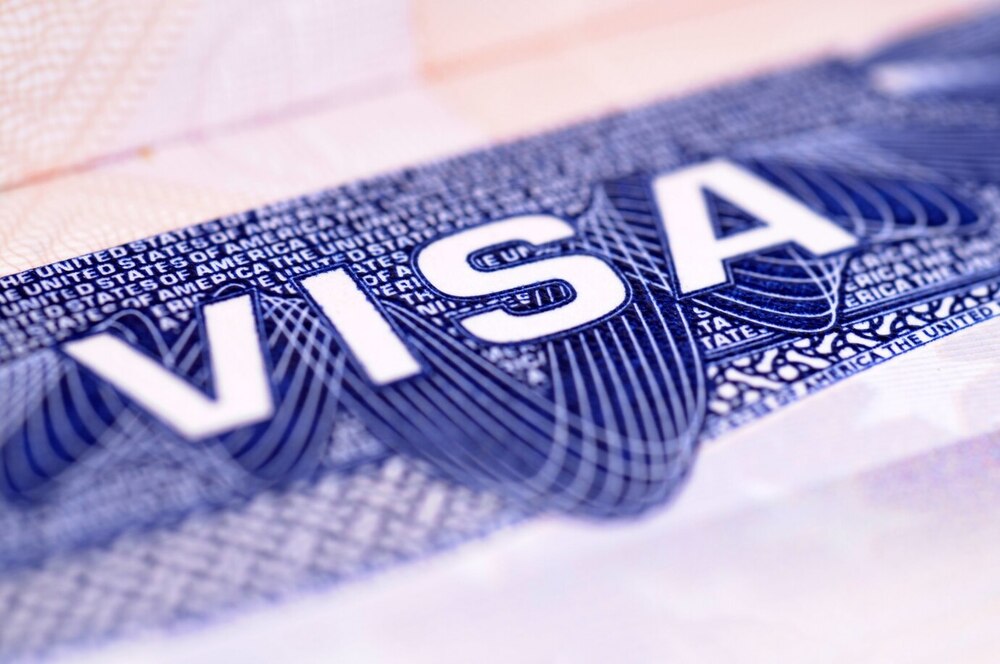
Overview of investor visa types (DT1, DT2, DT3, DT4)
| Visa type | Minimum investment | Validity | Eligible for TRC | Key benefit |
| DT1 | ≥ VND 100 billion or in high-priority sectors | Up to 5 years | Yes | Longest TRC duration, strategic investors |
| DT2 | VND 50 – under 100 billion or incentivized sectors | Up to 5 years | Yes | For medium-to-large investors |
| DT3 | VND 3 – under 50 billion | Up to 3 years | Yes | For SMEs or expanding foreign subsidiaries |
| DT4 | Under VND 3 billion | Up to 12 months | No | Ideal for early-stage or testing investments |
Difference between investor visa vs. Business visa
While both the Investor Visa (DT) and Business Visa (DN) grant entry to foreigners engaging in business-related activities in Vietnam, they serve distinct purposes and apply to different categories of individuals.

| Criteria | Investor visa (DT1–DT4) | Business visa (DN1–DN2) |
| Purpose | For foreign investors contributing capital or owning Vietnamese entities | For foreigners working with Vietnamese businesses without investing |
| Issued to | Company owners, shareholders, or legal reps of foreign-invested firms | Employees, experts, consultants, or partners of local businesses |
| TRC eligibility | Yes (DT1 to DT3) | No (must apply for work permit + TRC separately) |
| Work permit required | Exempt (for company owners/shareholders) | Required (after 30 days of stay for most DN holders) |
| Validity | Up to 5 years (DT1–DT2) | Maximum 12 months |
| Legal basis | Law No. 51/2019/QH14 – Entry, exit, and residence for foreigners | Circular No. 04/2015/TT-BCA (amended) |
Who can apply for an investor visa in Vietnam?
The Vietnam Investor Visa (DT visa) is available to individuals or entities with direct investment involvement in a Vietnamese enterprise. To be eligible, applicants must demonstrate legal ownership or substantial capital contribution to a business operating in Vietnam.

Eligible applicants include:
- Foreign individuals listed as members or shareholders in the company’s Enterprise Registration Certificate (ERC)
- Founders or co-founders of newly established companies in Vietnam
- Foreign legal representatives authorized to act on behalf of a foreign-invested company
- Investors contributing capital or purchasing shares in existing Vietnamese businesses
- Foreigners holding valid Investment Registration Certificates (IRC) issued by Vietnamese authorities
This classification ensures that the visa remains aligned with the government’s objective of attracting qualified foreign direct investment (FDI) while offering favorable residency pathways to serious investors.
Learn more about the types of companies in Vietnam to determine which legal structure suits your investment goals.
2. Vietnam investor visa categories and requirements (2026)
Visa types by investment capital
Under Vietnam’s Law No. 51/2019/QH14 the Investor Visa (DT) is divided into four categories – DT1 through DT4 – based on the amount of registered capital and the sector of investment. These categories not only determine the visa validity but also eligibility for a Temporary Residence Card (TRC) and associated legal benefits.

| Visa type | Investment capital | Visa validity | TRC eligibility | Applicable for |
| DT1 | Over VND 100 billion or investing in nationally prioritized sectors | Up to 5 years | Yes | Strategic investors in national or hi-tech sectors |
| DT2 | From VND 50 to under VND 100 billion or in incentivized field | Up to 5 years | Yes | Mid-size investors or industry specialists |
| DT3 | From VND 3 to under VND 50 billion | Up to 3 years | Yes | SME investors or startup founders |
| DT4 | Less than VND 3 billion | Up to 12 months | No | Early-stage market entrants, testing investments |
These visa tiers reflect Vietnam’s FDI strategy: attracting a diverse portfolio of investors while providing legal clarity and structured pathways for long-term residency and business expansion.
Minimum investment required in 2026
As of 2026, Vietnam does not impose a single fixed amount as the minimum investment for obtaining an investor visa. Instead, the eligibility is tiered according to the four DT visa categories, with each type corresponding to a specific investment capital range and associated residency privileges.
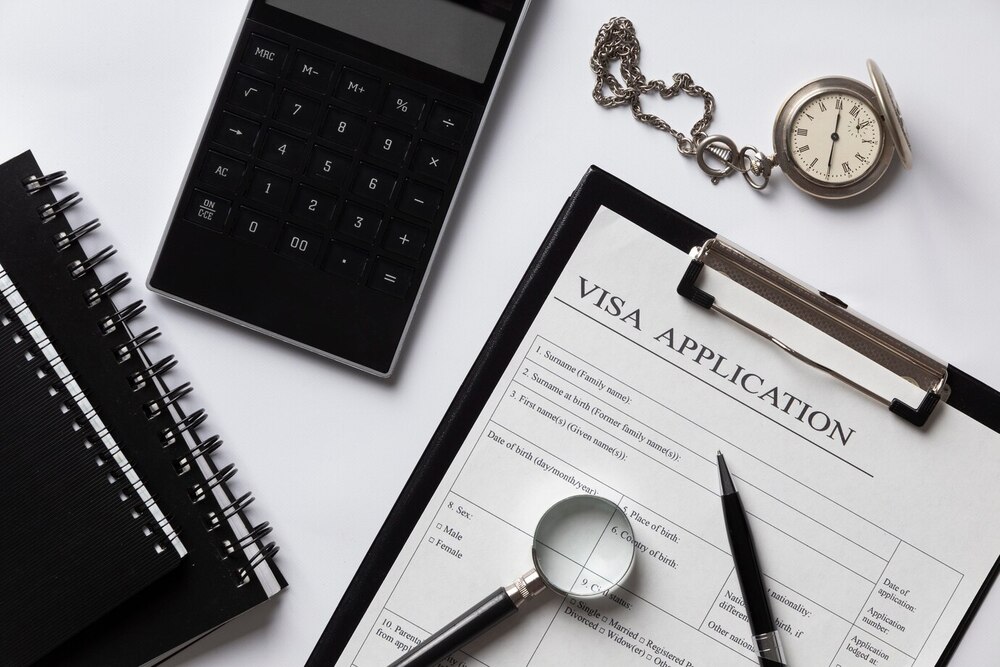
| Visa type | Minimum capital requirement | TRC eligibility | Key benefits |
| DT1 | Over VND 100 billion | Yes | Longest TRC (up to 10 years), high-priority sectors |
| DT2 | VND 50–100 billion | Yes | Long-term stay, access to strategic industries |
| DT3 | VND 3–50 billion | Yes | Ideal for SMEs, startups, and growth-stage investors |
| DT4 | Under VND 3 billion | No | Entry-level investment, short-term visa only |
This capital-based structure ensures a more inclusive investment environment, supporting both large-scale FDI and scalable private ventures in Vietnam’s evolving economy.
Common required documents
To apply for a Vietnam Investor Visa (DT1–DT4), foreign investors must prepare a comprehensive set of documents that verify both their identity and investment status. These documents are reviewed by the Vietnam Immigration Department or the Vietnamese Embassy/Consulate abroad, depending on the application channel.

Core documents typically include:
- Valid passport: Must have at least 6 months’ validity and two blank pages.
- Visa application form (Form NA5 or NA2): NA2 is used when applying through a Vietnamese sponsor; NA5 is for in-country visa extensions or conversions.
- Enterprise Registration Certificate (ERC): Confirms your legal connection as founder, shareholder, or representative of a Vietnamese business.
- Investment Registration Certificate (IRC) (for foreign-invested companies): Confirms the amount of contributed capital and investment approval by local authorities.
- Proof of capital contribution: E.g., bank transfer receipts, shareholding certificates, or audited financial statements.
- Temporary residence confirmation (for in-country applicants): Issued by local police where the applicant is staying in Vietnam.
- Authorization letter or power of attorney (if submitted via agency): Required if the application is handled by a third party.
These documents form the legal foundation for your visa application, proving your investment status and compliance with Vietnamese immigration law. Missing or outdated paperwork is among the top causes of visa rejection—so careful preparation is essential.
Company setup requirement before applying
Before applying for a Vietnam investor visa, the applicant must first complete the legal process of establishing a company or registering capital contribution in an existing Vietnamese enterprise. This is a mandatory prerequisite, as the visa is granted based on verified investment activity.

Key requirements for company setup include:
- Enterprise Registration Certificate (ERC): Issued by the Department of Planning and Investment (DPI), this document confirms your company’s legal status and your role as an owner, shareholder, or legal representative.
- Investment Registration Certificate (IRC) (required for foreign-invested companies): Details the scope, sector, and registered capital of your investment. Without an IRC, foreign investors cannot proceed with DT1–DT3 visa applications.
- Minimum capital declaration: While there’s no universal floor, TRC eligibility starts at VND 3 billion (DT3). The capital amount must be declared and approved during company setup.
- Bank account & Capital injection: The declared capital must be transferred to the company’s investment account in Vietnam. Proof of capital injection (e.g., bank statements) is often required during visa processing.
For detailed steps, see How to Set Up a Company in Vietnam or How to Set Up an FDI Company if foreign ownership is involved.
3. How to get an investor visa in Vietnam
To obtain a Vietnam investor visa in 2026, foreign nationals must follow a clearly defined legal process that begins with establishing a recognized business presence in the country.
Step 1 – Establish a legal business entity
The first and most critical step in obtaining a Vietnam investor visa (DT1–DT4) is to legally establish a business entity or contribute capital to an existing company in Vietnam. The visa is granted based on your verified status as a foreign investor, which must be recognized by government authorities through formal business registration.
To complete this step, you must:
| Step | Action | Details |
| 1 | Choose business structure | LLC or JSC; can be wholly foreign-owned or joint venture |
| 2 | Apply for Investment Registration Certificate (IRC) | Mandatory for foreign investors; outlines capital, scope, and investment goals |
| 3 | Obtain Enterprise Registration Certificate (ERC) | Legalizes company existence; issued by Department of Planning and Investment (DPI) |
| 4 | Declare & inject capital | Capital must be transferred within 90 days; minimum VND 3 billion required for DT3 + visa |
| 5 | Register office address | A physical address is mandatory; virtual/serviced offices may not be accepted for FDI in all areas |
Once your business entity is established, you become legally eligible to apply for the corresponding DT investor visa, typically in Step 2 of the process.
Learn how capital levels impact Vietnam Company Tax Rates and compliance thresholds
Step 2 – Obtain Investment Registration Certificate (IRC)
Once your business plan and legal structure are defined, the next step is to apply for an Investment Registration Certificate (IRC)—a mandatory document for all foreign-invested enterprises in Vietnam. This certificate confirms your legal right to conduct business and invest capital in the country.

The Investment Registration Certificate is issued by the Department of Planning and Investment (DPI) and outlines key details of your investment project, including:
- Project name and objectives
- Location of the investment
- Registered charter capital
- Investor(s) and ownership structure
- Investment term and operational scope
Required documents for IRC application:
- Valid passport of the investor
- Proposal for investment project
- Financial capacity documents (e.g., bank statements)
- Office lease agreement
- Power of attorney (if applying via an agent)
Step 3 – Prepare and submit visa application
After securing both the Investment Registration Certificate (IRC) and Enterprise Registration Certificate (ERC), investors can proceed with the official DT visa application. This step formalizes your status as a foreign investor recognized by Vietnamese authorities.
Where to Apply:
- Inside Vietnam: At the Vietnam Immigration Department in Hanoi, Ho Chi Minh City, or Da Nang
- Outside Vietnam: At the Vietnamese Embassy or Consulate in your home country
Required documents for DT Visa application:
| Document | Purpose |
| Valid passport | Must be valid for at least 6 months with 2 blank pages |
| Completed visa application form (Form NA5 or NA2) | NA2 is for applications via a sponsoring company; NA5 is for visa change in-country |
| Copy of IRC and ERC | Confirms legal investment status and business ownership |
| Proof of capital contribution | Bank transfer receipt, capital verification from DPI, or share certificate |
| Temporary residence confirmation | For in-country applicants (issued by local police) |
| Company stamp and letter of invitation | Confirms sponsorship of visa issuance |
Processing time & Validity:
- Processing time: Typically 5–7 working days
- Visa validity: Depends on visa type (DT1 – up to 5 years, DT4 – up to 12 months)
For more on document preparation and required business certificates, refer to Business Registration Certificates in Vietnam
Step 4 – Receive visa approval letter and entry
Once your visa application is reviewed and approved by the Vietnam Immigration Department, you will receive an official Visa Approval Letter, which serves as authorization for visa stamping and legal entry into Vietnam under the appropriate DT visa category.
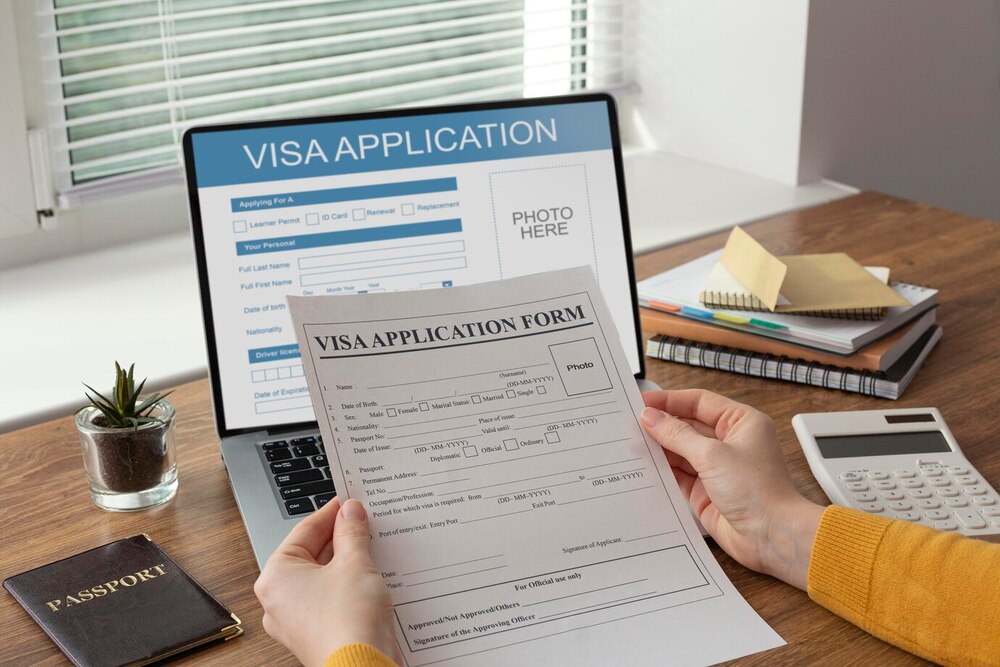
Two application scenarios:
| Application channel | Next step |
| Outside Vietnam | Present the visa approval letter at the Vietnamese Embassy or Consulate abroad to receive the visa sticker and enter Vietnam |
| Inside Vietnam | Collect the visa directly from the Immigration Office, or convert an existing visa (e.g., tourist or business visa) to a DT visa |
Upon arrival:
- Present your passport, visa approval letter, and ERC/IRC at immigration
- Ensure the visa matches the DT category applied (DT1–DT4)
- You will be granted entry with a visa validity based on your investment tier
Step 5 – Temporary Residence Card (TRC) option
After entering Vietnam on a valid DT1, DT2, or DT3 investor visa, you are eligible to apply for a Temporary Residence Card (TRC) – a long-term residency permit that replaces the need for repeated visa extensions and allows you to stay and work in Vietnam legally for up to 10 years.
Key benefits of a TRC:
- Legal residence in Vietnam for 1 to 10 years depending on visa category
- Freedom to enter and exit Vietnam without needing a re-entry visa
- Work permit exemption for investors named on the company’s legal documents
- Ability to sponsor family members (via visa TT) for long-term stay
TRC eligibility by DT visa category:
| Visa type | TRC validity | Eligible | Remarks |
| DT1 | Up to 10 years | Yes | For large-scale or national-priority investors |
| DT2 | Up to 5 years | Yes | For mid-sized and strategic investments |
| DT3 | Up to 3 years | Yes | For SMEs and capital ≥ VND 3 billion |
| DT4 | Not eligible | No | Short-term visa holders must extend manually |
Required documents for TRC application:
- Copy of passport and valid DT visa
- Application form NA6 & NA8 (completed and signed)
- Copy of ERC and IRC
- Proof of capital contribution
- Residence confirmation from the local police
- Company letter of support (signed and stamped)
The TRC is a vital document for long-term investors who plan to reside in Vietnam while managing their business operations. It reinforces your legal presence, simplifies administrative procedures, and enhances personal and business flexibility.
For non-investor employees, see Vietnam Work Visa Guide for standard procedures
4. Duration, extension & residence benefits
Validity by visa type (DT1–DT4)
The duration of a Vietnam investor visa depends on the visa category, which is determined by your level of capital contribution and the nature of your investment. Each visa type offers varying lengths of stay, rights to apply for a Temporary Residence Card (TRC), and possibilities for extension.
Visa validity and TRC eligibility overview:
| Visa type | Capital requirement | Visa validity | TRC Validity | Eligible for TRC | Extension possibility |
| DT1 | Over VND 100 billion or investing in prioritized sectors | Up to 5 years | Up to 10 years | Yes | Renewable |
| DT2 | From VND 50 to under 100 billion or in incentivized fields | Up to 5 years | Up to 5 years | Yes | Renewable |
| DT3 | From VND 3 to under 50 billion | Up to 3 years | Up to 3 years | Yes | Renewable |
| DT4 | Under VND 3 billion | Up to 12 months | Not eligible | No | Renewable (short-term only) |
The visa’s validity is not only important for planning your stay but also determines how soon you should begin the TRC application or prepare for visa renewal to maintain legal status.
How to extend the investor visa
Extending a Vietnam investor visa is a relatively straightforward process, provided that your business remains compliant and your investment status is maintained. Extensions allow investors to continue residing in Vietnam without needing to exit and reapply from abroad.

Extension eligibility:
- You must hold a valid DT1, DT2, DT3, or DT4 visa
- Your IRC, ERC, and capital contribution must still be valid and active
- Your passport must remain valid for at least 6 months beyond the intended extension period
- You must not have violated immigration or business laws during your current stay
Required documents for visa extension:
- Original passport and current visa
- Application form NA5 (for visa extension)
- Copy of Investment Registration Certificate (IRC)
- Copy of Enterprise Registration Certificate (ERC)
- Proof of capital contribution or updated charter capital
- Company letter requesting visa extension
- Temporary residence confirmation from local police
Where to apply: Submit your dossier to the Vietnam Immigration Department in Hanoi, Ho Chi Minh City, or Da Nang
Processing time: Usually takes 5–7 working days
Extension duration:
- DT1–DT3: Can be extended for up to 12–36 months, depending on the original visa and investment tier
- DT4: Typically extended for no more than 12 months per application
By staying proactive with renewal timelines and maintaining a compliant business presence, investors can secure long-term residence and business continuity in Vietnam with minimal administrative friction.
Temporary residence card for long-term stay
For foreign investors holding a DT1, DT2, or DT3 visa, applying for a Temporary Residence Card (TRC) is the most effective way to secure long-term legal stay in Vietnam without the need for frequent visa renewals. A TRC not only simplifies immigration procedures but also grants investors the flexibility to live and work in Vietnam for up to 10 years, depending on their investment category.

Key benefits of a TRC:
- Valid for 1–10 years based on visa type
- Multiple re-entry without additional visas
- Work permit exemption for investors listed on ERC/IRC
- Allows sponsorship of spouse and children (TT visa)
- Eligible for banking, leasing, and tax procedures as a resident
TRC Validity by visa type:
| Visa type | Minimum capital requirement | TRC validity | Eligible |
| DT1 | Over VND 100 billion | Up to 10 years | Yes |
| DT2 | VND 50 – < 100 billion | Up to 5 years | Yes |
| DT3 | VND 3 – < 50 billion | Up to 3 years | Yes |
| DT4 | Under VND 3 billion | Not applicable | No |
Required documents for TRC application:
- Passport and valid DT visa
- Application forms NA6 (for enterprise) and NA8 (for individual)
- Copies of IRC, ERC, and proof of capital contribution
- Temporary residence confirmation from local police
- Company letter requesting TRC issuance
The TRC is the preferred option for serious investors seeking to build long-term operations, establish a local presence, and enjoy legal benefits equivalent to Vietnamese residents.
Family sponsorship & Dependents
Foreign investors holding DT1, DT2, or DT3 visas — or an accompanying Temporary Residence Card (TRC) — are eligible to sponsor their immediate family members to reside legally in Vietnam. This includes a spouse and children under 18 years old, who may apply for a TT visa or a dependent TRC based on the investor’s residency status.
Who qualifies as a dependent?
- Spouse (legally married)
- Children under 18 years of age
- Adopted children or stepchildren in the same legal household
Visa & TRC options for dependents:
| Investor’s status | Dependent visa type | Eligible for TRC | Maximum TRC duration |
| DT1 / DT2 / DT3 Visa | TT Visa | Yes | Same as investor’s TRC |
| DT4 Visa (≤12 months) | TT Visa | No | Not eligible for TRC |
| DT Visa + TRC | TT Visa + Dependent TRC | Yes | Matched to investor’s TRC |
Required documents for dependent visa/TRC:
- Copy of investor’s passport, visa, or TRC
- Marriage certificate (for spouse) or birth certificate (for child) – translated and legalized
- Completed NA8 form (TRC) or NA5 form (visa extension)
- Proof of residence in Vietnam (temporary residence confirmation)
- Letter of sponsorship from the investor’s company
Family sponsorship policies in Vietnam are designed to support foreign investors who seek not only to build businesses but also to settle long-term with their families — contributing to both economic and community development.
5. Tips, FAQs and legal considerations
While Vietnam offers a clear pathway for foreign investors to obtain long-term visas, many applications are delayed or rejected due to common yet avoidable errors. Understanding these mistakes early can help ensure a smoother, faster approval process.
Most common mistakes when applying
Many investor visa applications are delayed or rejected due to avoidable errors. Understanding these pitfalls early can save both time and money.
Frequent mistakes include:
- Applying for a DT visa without having an IRC/ERC in place
- Registering insufficient charter capital (e.g., under VND 3 billion for DT3)
- Using a virtual office address not accepted by DPI in certain provinces
- Submitting incomplete or inconsistent documents across IRC, ERC, and visa forms
- Failing to meet the TRC eligibility threshold but still applying
Can I use a shell company for visa purposes?
No. Vietnam’s immigration authorities increasingly scrutinize investor visa applications to ensure authenticity. Using a non-operating (shell) company solely for the purpose of obtaining a visa or TRC is considered non-compliant and may result in:
- Visa denial or TRC revocation
- Ineligibility for future immigration benefits
- Legal penalties for misrepresentation
Do I need a local partner?
In most cases, no. Vietnam allows 100% foreign ownership in the majority of sectors. However, some restricted industries (e.g., education, logistics, media, or real estate) may require:
- A local Vietnamese partner holding a percentage of ownership
- Prior consultation with the Ministry of Planning and Investment (MPI)
For restricted sectors, consult the Legal Framework for Foreign Investment in Vietnam to understand local ownership rules
Tax implications for visa holders
Foreign investors residing in Vietnam under a DT visa or TRC may be considered tax residents if they:
- Stay 183 days or more in a calendar year, or
- Maintain a permanent residence and center of personal and economic interests in Vietnam
Tax obligations may include:
- Personal Income Tax (PIT) on worldwide income (if tax resident)
- Corporate Income Tax (CIT) if running a profitable enterprise
- Annual financial reporting & tax declaration to tax authorities
Learn more Vietnam Tax System Guide and Foreign Contractor Tax Overview.
Working with a legal or immigration consultant
Navigating investor visa procedures and company setup in Vietnam can be complex, especially with regulatory updates across provinces. Engaging a licensed consultant or law firm ensures:
- Accurate document preparation
- Strategic planning of visa type and capital thresholds
- Timely submission and reduced risk of rejection
- Post-visa services (TRC, family sponsorship, tax registration, etc.)
The Vietnam investor visa offers a clear pathway for long-term business presence in 2026. Understanding the requirements and procedures ensures a smooth entry, while working with trusted advisors helps you stay compliant and efficient.
Once your investor visa is approved, the next step is securing a professional base for your operations. Maison Office, a leading commercial leasing agent in Vietnam, provides tailored office for lease in Ho Chi Minh City and office for lease in Hanoi—perfect for foreign investors launching or expanding their business in Vietnam.




